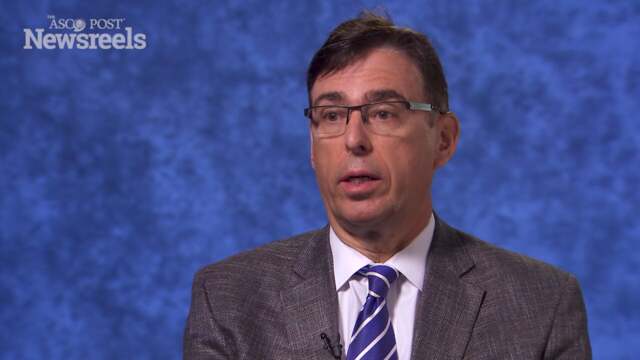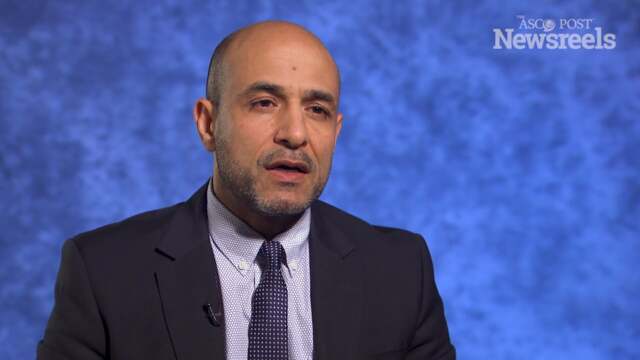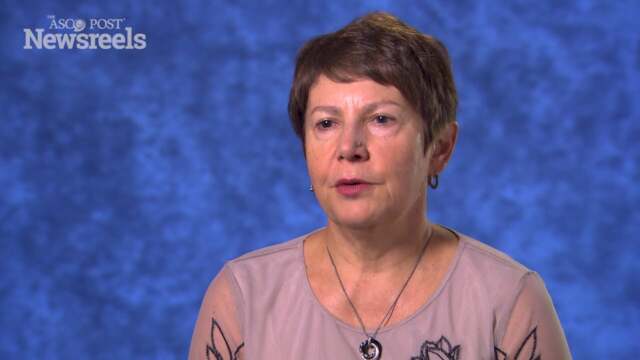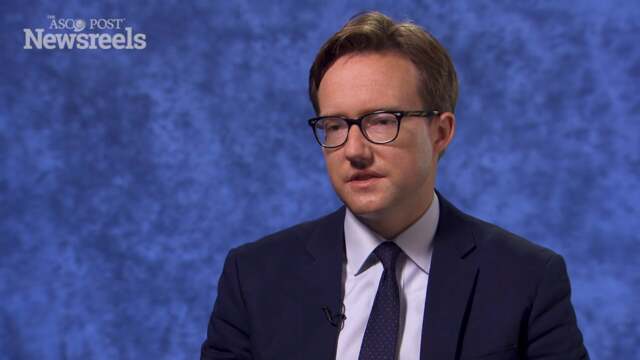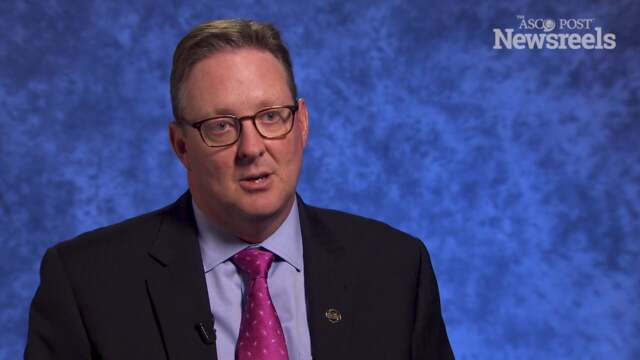Shulian Wang, MD, and Benjamin Movsas, MD, on Breast Cancer: Radiation Therapy After Mastectomy
2017 ASTRO Annual Meeting
Shulian Wang, MD, of the National Cancer Center in Beijing, and Benjamin Movsas, MD, of the Henry Ford Health System, discuss study results on the use of hypofractionated radiation therapy after mastectomy for the treatment of high-risk breast cancer (Abstract PL01).
Marcus E. Randall, MD, of the University of Kentucky, discusses phase III study findings on pelvic radiation therapy vs vaginal cuff brachytherapy followed by paclitaxel/carboplatin chemotherapy in patients with high-risk, early stage endometrial cancer (Abstract LBA1).
Tamim Niazi, MDCM, of McGill University, discusses phase III study findings on hypofractionated, dose-escalation radiation therapy for high-risk adenocarcinoma of the prostate (Abstract 281).
Maria Werner-Wasik, MD, of Thomas Jefferson University Hospital, summarizes a session on NSCLC that included discussion of a quality-of-life trial on optimizing treatment; chemotherapy and radiotherapy in advanced disease; a comparison of standard- vs high-dose conformal chemoradiotherapy; and long-term results on a comparison of two stereotactic body radiation therapy schedules in inoperable stage I disease (Abstracts 223, 224, 227, 33).
William A. Hall, MD, of the Medical College of Wisconsin, discusses trial findings on androgen deprivation and radiation alone, compared with androgen deprivation, radiotherapy, and surgery in men with high-risk, nonmetastatic adenocarcinoma of the prostate (Abstract 15).
Jeffrey D. Bradley, MD, of Washington University School of Medicine, discusses long-term phase III findings on standard-dose vs high-dose conformal chemoradiation therapy with or without cetuximab for stage III non–small cell lung cancer (Abstract 227).
